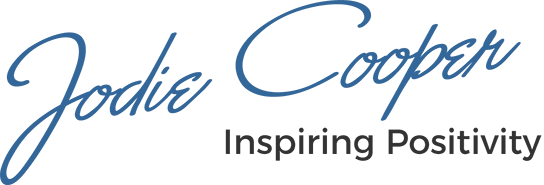The world isn’t as messed up as you think. I’ve recently read Stephen Pinker’s book ‘Enlightenment Now’ and am feeling more opticistic than ever about where we are and what we, as humans are capable of when we pull together. However, it seems that everywhere we look, there is propaganda about the demise of society. From media highlighting horrific scandals, global environmental disasters, kids at risk of addictions, education standards dropping, rates of mental illness climbing, the threat of nuclear war and the impact of social media on all of us.

Sometimes it feels like the world is falling apart and there’s no one there to stitch it back together.
But, if we pause just a moment and look at some actual statistics, we realise that over the last hundred years we’ve made incredible progress. The world isn’t as messed up as you think. In fact; fresh food has become plentiful, poverty rates have diminished rapidly, life expectancy has climbed drastically, technology has made our lives so much easier, education has become free, treatments have been developed for many, many diseases, crime rates have plummeted and globally, there is more peace and prosperity than ever before.
So… why all the negativity?
Pinker delivers two reasons. First, the ‘negativity bias.’ The tendency to focus three times more attention on a negative thought, emotion or piece of information than something positive, or even neutral. For example, if Facebook shows two posts, one featuring an outraged mother screaming about injustice in the education system, while the second post features a mindfulness project showing great results in a primary school. The negative post will elicit three times more engagement than the positive post.
Secondly, the availability bias means that the more often we hear something, the more believable it becomes. For example, a terrorist attack with constant media coverage will have you feeling like terrorism is a real threat. However, while unaware of pedestrian fatalities, you’re not afraid of crossing the street.
The negativity bias and availability bias are neither good or bad. However, understanding the way our brain works and how the media has leveraged our attention, we can begin to see why we are becoming so negative, when we’re perhaps living in a golden age. If you’re ancestors were here, I’m pretty sure they wouldn’t have too much to complain about…. quiet frankly, the world isn’t as messed up as we think it is.
Reason, Science and Humanism
Reason, Science and Humanism are the core concepts that Pinker identifies form enlightenment and the cause for his optimistic outlook. Given that reason is our ability to rationalise through options and develop functional solutions, there’s hope. We all have reason, but Pinker advocates for training through schools to ensure solid reason isn’t getting lost in modern society.
Science is the culmination of robust investigations, evidence gathering and understanding. The process of building science is fundamental to the profound progress we’ve experienced to date. From electricity to immunisations, the more we understand, the greater our ability to improve our world. Science continues to deliver improvements to every element of our lives on a daily basis.
Humanism is about maximising human flourishing and bringing about more health, wealth, happiness, freedom, love, knowledge, meaning and knowledge to the general population. At the heart of humanism is the desire to create positive change and improve the world around us.
The world isn’t as messed up as you think
In short. We’ve come so far, achieved so much and now have the capacity to connect, learn and grow better and faster than ever before. Yes, there are challenges we face, but realistically, we’re in a good place to do so and build a better world along the way.






